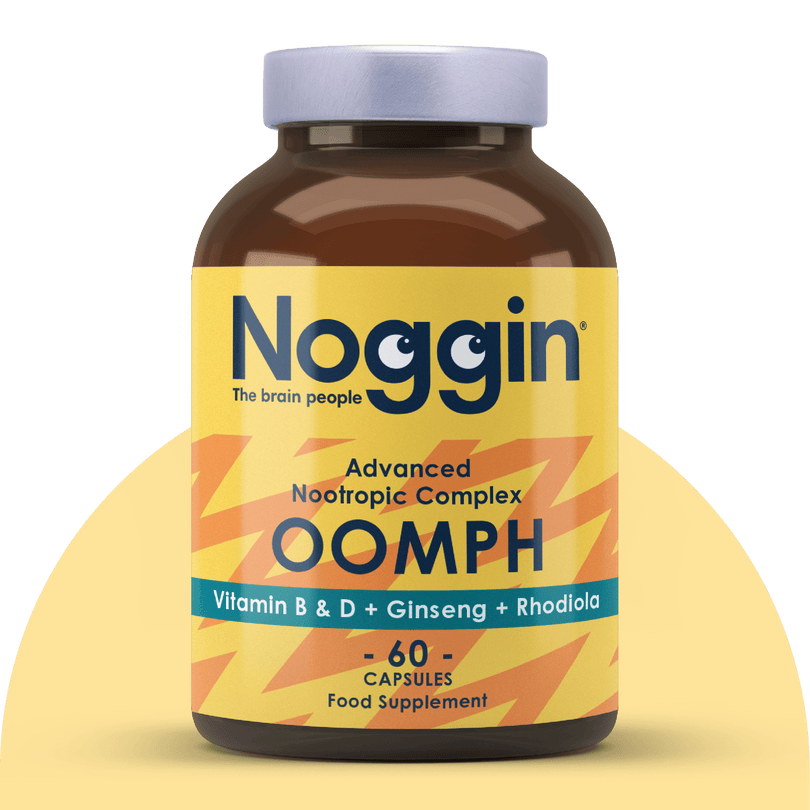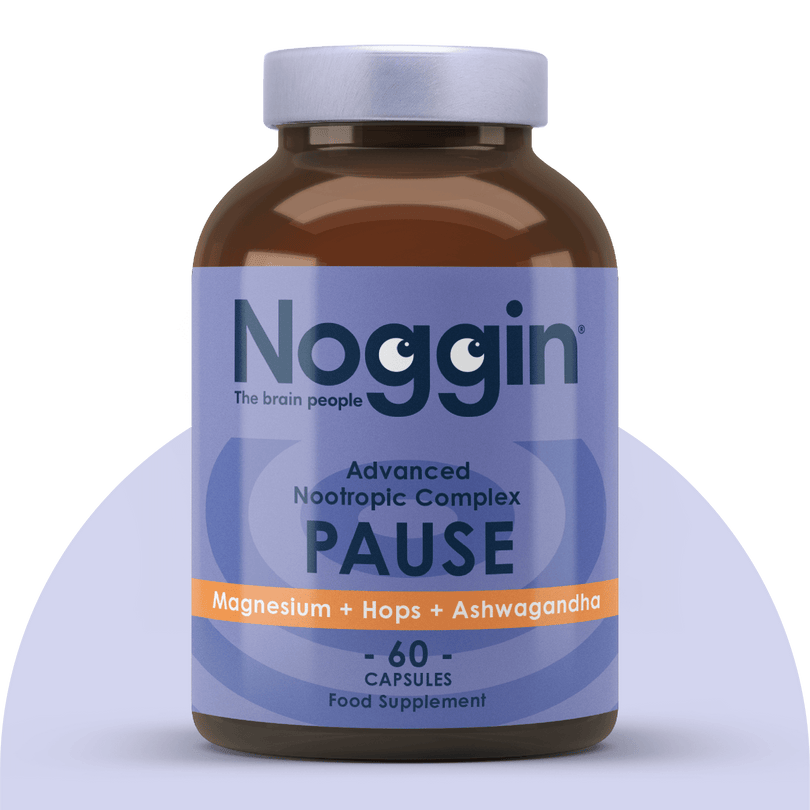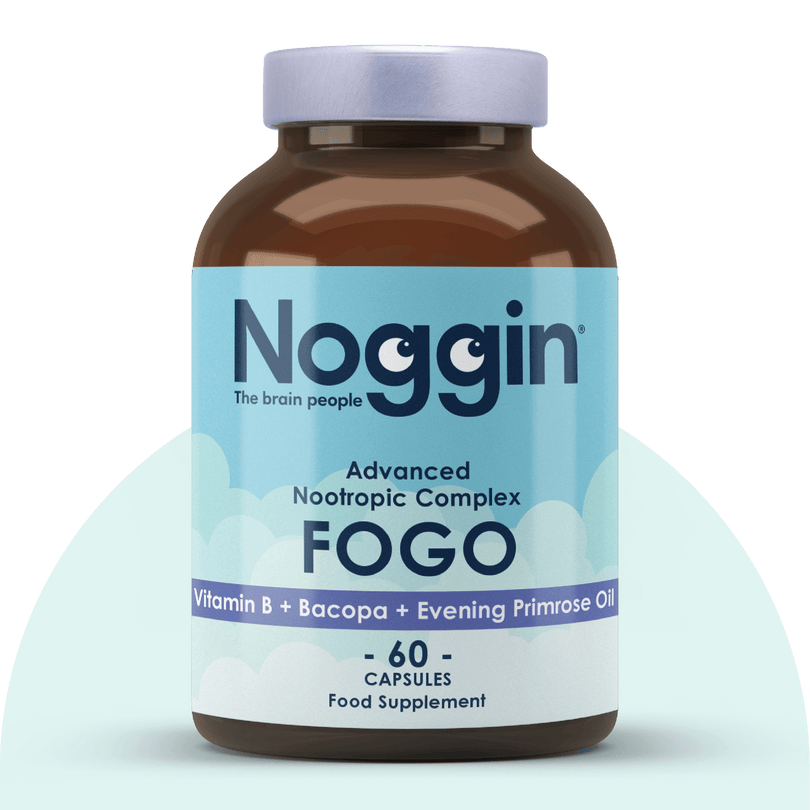Bloggin Noggin
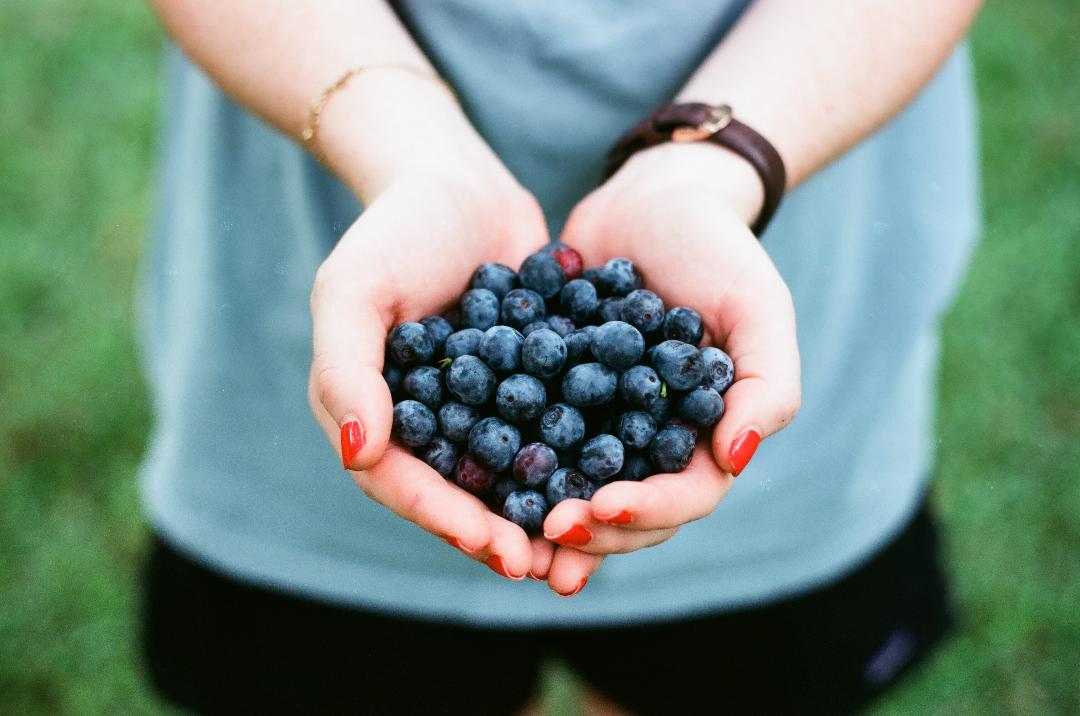
Nutrition
Snacks to boost your brain power
Some foods are great all rounders for your health and wellbeing, and are especially good for your noggin, so if you’re snacking try to aim for these healthier snacks.
Beans
Chickpeas, kidney beans, and lentils contain high levels of protein to power the brain.
Legumes of all varieties contain high concentrations of folic acid to improve information recall.
Blueberries
These powerful little antioxidants are more like brainberries, as they protect the brain against oxidative stress, and also offer memory-boosting agents like anthocyanin and flavonoids.
These properties can enhance spatial memory and learning.
Caffeine
In small doses, caffeine can energise you and help you concentrate.
If not a coffee drinker try green tea, which also contains the L-theanine amino acid to keep you energised and alert, minus the coffee jitters.
Chocolate
Dark chocolate offers a double-whammy, with antioxidant properties to combat cognitive decline, as well as the natural stimulant of caffeine to enhance focus. Chocolate can help improve memory, alertness and clarity by increasing blood flow to the brain. Not all chocolate is created equal though – the darker it is, the more benefits your brain will receive.
Kale
Kale is heralded as a superfood for a number of reasons, including that it’s great to eat when you study. It offers a healthy dose of vitamin E to protect your brain against nerve-cell degeneration, as well as folate, which increases blood flow to the brain to prevent mental fatigue. Have it in a salad or made into oven crips with olive oil and seasoning.
Popcorn
Healthy whole grains like brown rice, whole grain bread, oatmeal and even popcorn contain fibres and vitamins that improve blood flow throughout the brain and help memory function. They also improve blood-sugar stability, which can curb hunger pangs.
Seeds and Nuts
Sunflower seeds as an example, give your body a dose of soothing tryptophan – an amino acid that helps reduce stress and anxiety.
An analysis of data from the Harvard-based Nurses' Health Study showed that having one serving of nuts a day is associated with a 30% lower risk of heart disease
compared with having one serving of red meat a day.
Spinach
Spinach is one of the healthiest greens around, and is packed with nutritious and healthy antioxidants, iron, and minerals that improve concentration.
The magnesium, folic acid and vitamin B12 found in spinach aid in the production of healthy red blood cells which carry oxygen to your brain and protect neurons.
Harvard have researched a whole host of foods linked to better brainpower. Read more here.
Keep Well, Dr Clara Russell

Nutrition
7 Simple Tips For Gut Health
Read our seven simple tips to gut health and whilst you’re reading this, why not have a glass of water, your gut will feel the benefit....
Slow Down
Slowing down how quickly you eat and chewing each bite completely can help promote healthy digestion.
Chew
Chewing is the first step in digestion, so slow down, savour food and take some of the burden off your internal organs by letting your teeth and tongue play their part. Key digestive enzymes are released when you chew - taking your time AND chewing your food helps with the production of these enzymes and improves how you digest your food.
Go Small
Eating smaller meals and aim to follow your hunger cues and eat smaller, more frequent meals thought the day, this makes it easier for your body to digest than larger volumes of food.
Timing
Try to limit late-night grazing as your gut is more active during the day and by giving your body a rest in the evening can help it function more efficiently when it’s active.
Relax
Combat and manage stress with relaxation techniques such as yoga and meditation. This can help you control stress and this is important for your gut health.
Exercise
This can be as simple as a 20 minute walk as exercise gets the blood moving and exercising regularly is a great way to support good gut health and overall health and wellbeing.
Hydrate
Loading up on water daily has a beneficial effect on the mucosal lining of the intestines and water can also promote the balance of good bacteria in the gut and keeps your brain in gear.
Keep well, Dr Clara Russell

Nutrition
How binge drinking can affect your brain health
Binge-drinkers' brains have to work harder to feel empathy for other people in pain, study shows
We know binge drinking is bad for our health but did you know it also impacts your brain health.
Are you a binge drinker? A new study from the University of Sussex shows that people who are classed as binge-drinkers' brains have to put more effort into trying to feel empathy for other people in pain.
What was the study? The study involved 71 participants (from France and the UK) whose brain activity was observed using fMRI scanners while undertaking a pain perception task. Half of these people were classified as binge-drinkers and half were not. The binge-drinkers were sober whilst they were being observed.
What is binge drinking? Binge drinking is defined as consuming more than 60 g of pure alcohol -- (equivalent to about three quarters of one bottle of wine, or 2½ pints of lager) on at least one occasion in the past 30 days.
Binge-drinking has a specific definition - it isn't going out for one big heavy session. About 30 per cent of all people over 15 years of age who drink alcohol in UK and France met the criteria for 'binge-drinker', study authors claim. According to the NHS binge-drinking is drinking more than:
• 8 units of alcohol in a single session for men
• 6 units of alcohol in a single session for women
How was this measured? In the task participants were shown an image of a limb being injured, and asked to imagine either that the body part was theirs, or that of another person, and to state how much pain was associated with the image.
The findings: The binge-drinking participants struggled more than their non-binge-drinking counterparts when trying to adopt the perspective of another person experiencing the pain: they took more time to respond and the scans revealed that their brains had to work harder -- to use more neural resources -- to appreciate how intensely another person would feel pain.The study also revealed a more widespread dysfunction than previously realised; a visual area of the brain, which is involved in recognising body parts, showed unusually high levels of activation in the binge-drinkers. This was not true in the non-binge drinkers who looked at the same images.
When the binge-drinkers were asked to imagine the injured body part in the picture as their own, their pain estimate was not different from that of their non-binge drinking counterparts.
What the experts said: Professor Theodora Duka from the School of Psychology at the University of Sussex said: "I have been studying the effects of drinking excessive alcohol for many years. In that time I have built up a strong body of evidence about the widespread way in which binge-drinking is associated with brain dysfunction in areas supporting self-control and attention. Our aim with the present study was to examine whether binge drinkers show less empathy and their brains show different responses to non-binge drinkers, when they imagine another person in pain. Reduced empathy in binge drinkers may facilitate drinking as it can blunt the perception of suffering of self or others during a drinking session. We have shown with this study that dysfunction associated with binge drinking is even more extensive than previously known. A region of the brain called the Fusiform Body Area associated with recognition of body parts showed hyperactivity in binge-drinkers in a situation in which feelings of empathy are experienced.
Dr Charlotte Rae from the School of Psychology at the University of Sussex said: "Our results are quite surprising. Our data show that binge-drinkers need to work harder to feel empathy for other people in pain. They need to use more resources in terms of higher brain activity than non-binge drinkers. What this means in everyday life is that people who binge-drink might struggle to perceive the pain of others as easily as non-binge drinkers do. It's not that binge drinkers feel less empathy -- it's just that they have to put more brain resource into being able to do so. However, under certain circumstances when resources become limited, binge drinkers may struggle to engage in an empathic response to others."
If you’re worried about your drinking of if someone close to you may have a problem with alcohol visit the NHS website for advice and information.
Keep Well
Dr Clara Russell
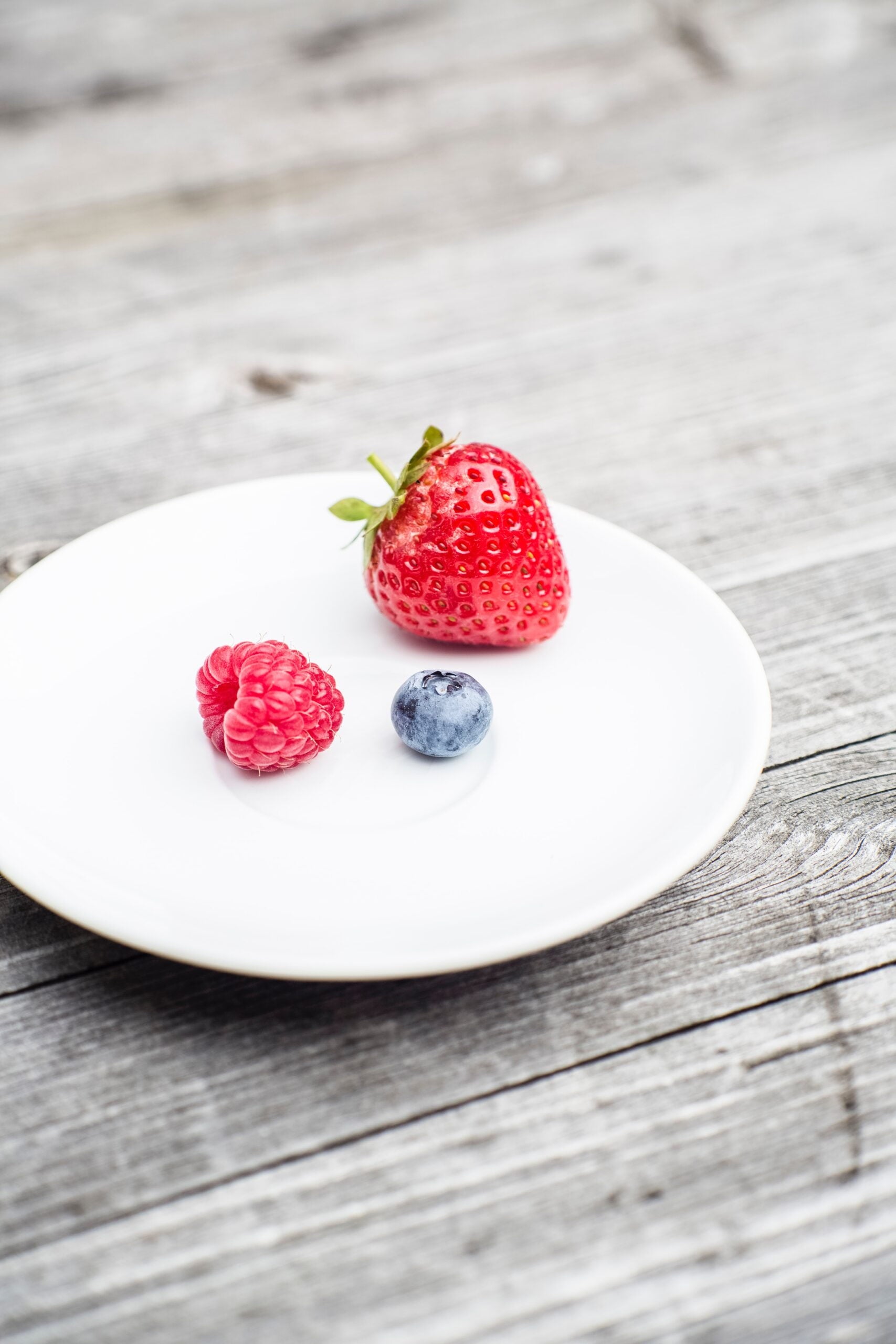
Nutrition
What's on your plate?
Nutrition cheat sheet
What we eat gives us energy to survive and thrive. But what are we actually eating and how does it benefit us, or not?
Let’s break it down.

Nutrition
5 Ways To Eat Your Way To A More Positive State Of Mind
5 Ways To Eat Your Way To A More Positive State Of MindMore than 4 million people in England are on antidepressants and a recent article in The Telegraph states there has been a 10-15% rise in antidepressant prescriptions.

Nutrition
Make sure your Spring Salad has this in it.....
Cucumbers - not just for salads or to put over puffy eyes
Now we’re experiencing summer weather and salads it’s worth pointing out that cucumber should be high up on your list of fruit to consume in the coming weeks.
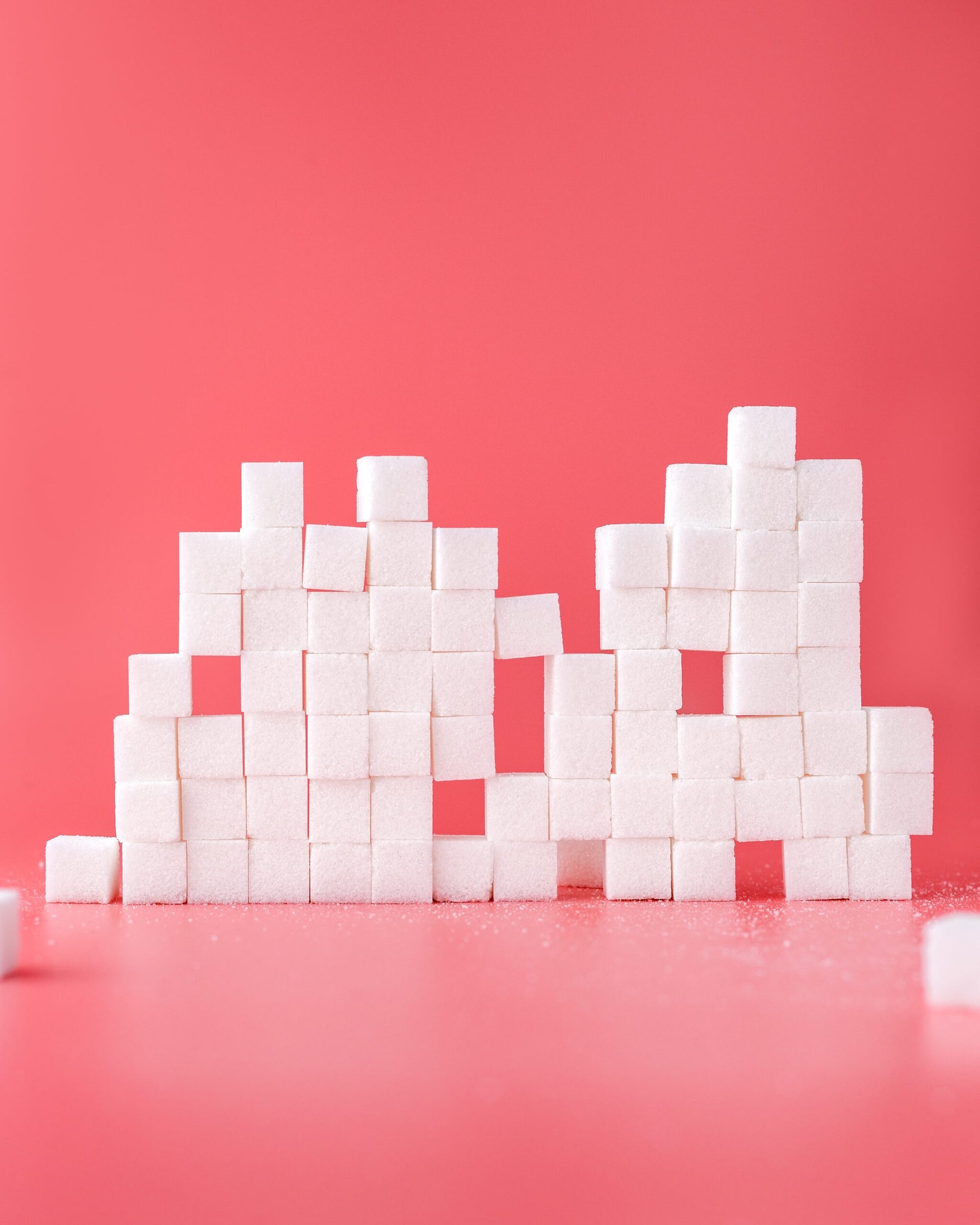
Nutrition
Sugar and your Brain
Why sugary foods can affect your mood
“The sugar high’ is something we are all familiar with both in ourselves and in our children - a sudden burst of energy that comes after eating sweet treats.
But how does that sugar mood lift affect our brain cells?
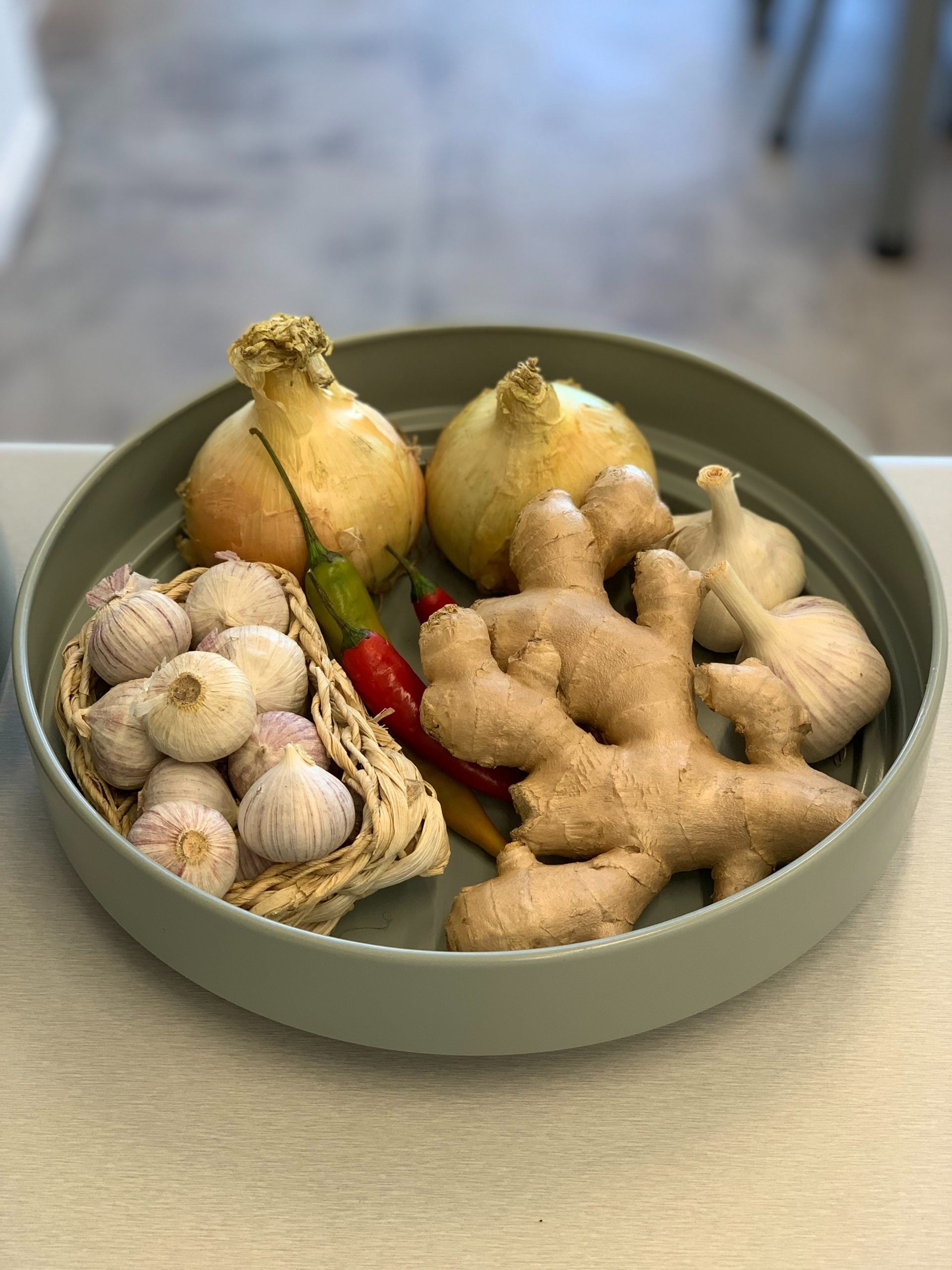
Immune System
8 Reasons to Add Ginger to your Cup, Plate or Pan
Ginger - whether you have it in hot water with honey and apple cider vinegar to start the day, or if you’re cooking a stir fry with it, ginger has a number of health benefits.( Ginger Nut biscuits however, don’t count).

Immune System
What happens when we eat and why the Microbiome is important
Digestion starts when we put food our Mouth. Our gnashers work to grind the food down in partnership with our saliva. This chewing action, combined with release of enzymes ( chemicals that help with the break down of our food) ensure that the food is broken down in such a way that we can absorb what we need to from the food as it passes through our digestive system.
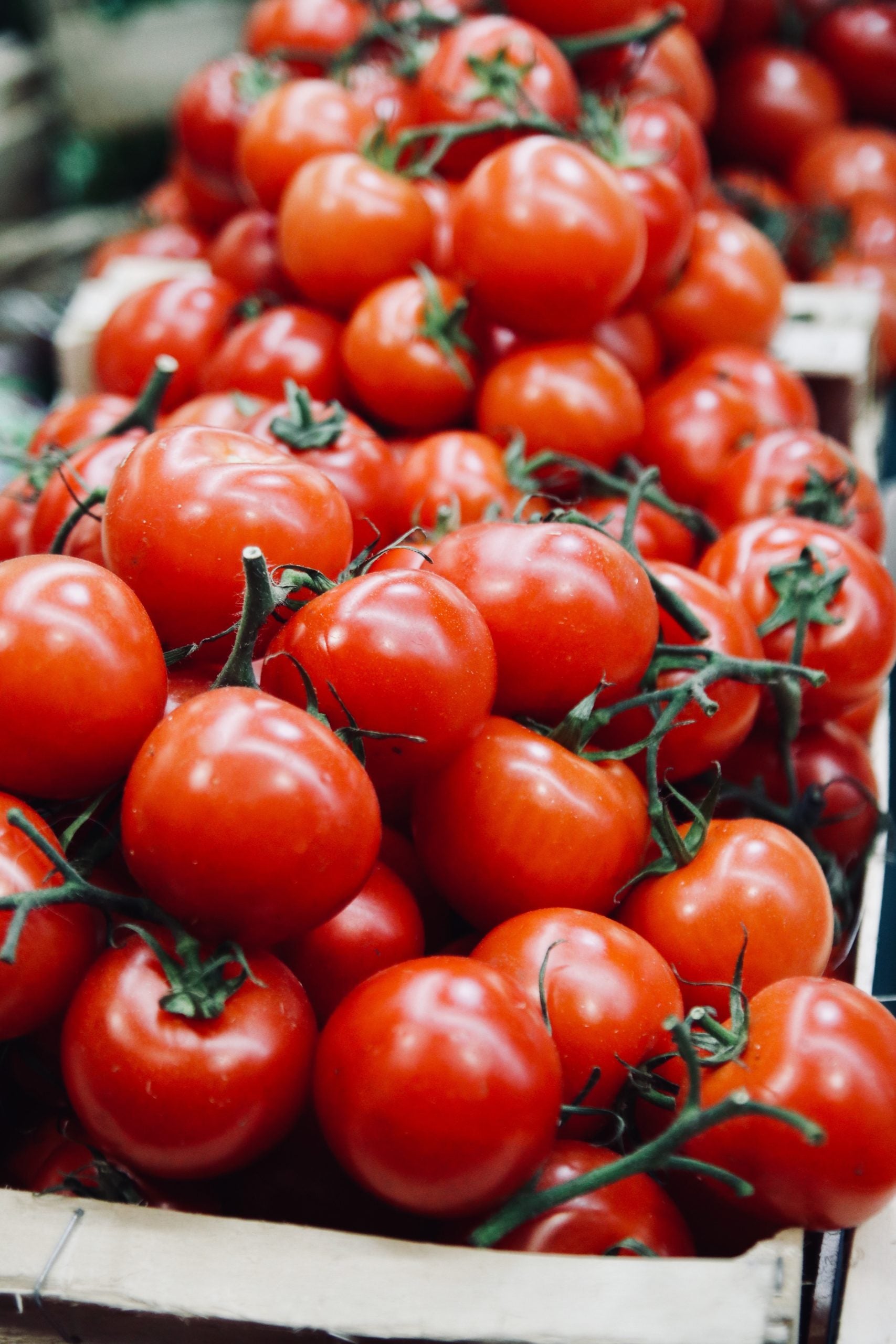
Immune System
You say tomato...
Tomatoes are a major source of lycopene, an antioxidant, which gives the fruit it's vivid colour. As well as lycopene, they also contain various other plant compounds, including beta-carotene, narigenin and chlorogenic acid.
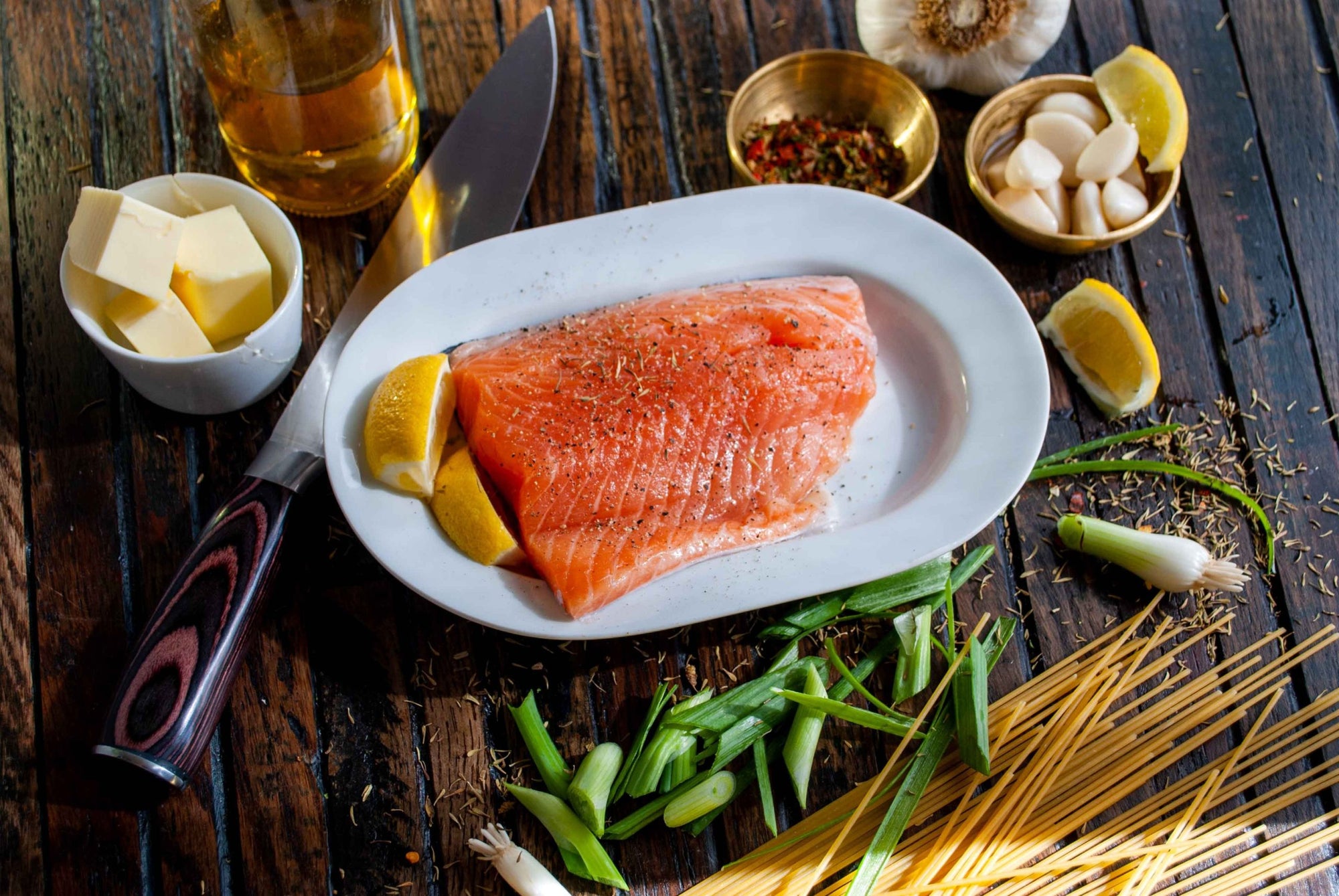
Immune System
Food and Mood
The challenges of eating healthily whilst on lockdown are there - access to food, access to healthy food, access to fresh food, the motivation to make or eat something healthy when we are surrounded by Easter chocolate and the constant desire to snack throughout the day are just some.
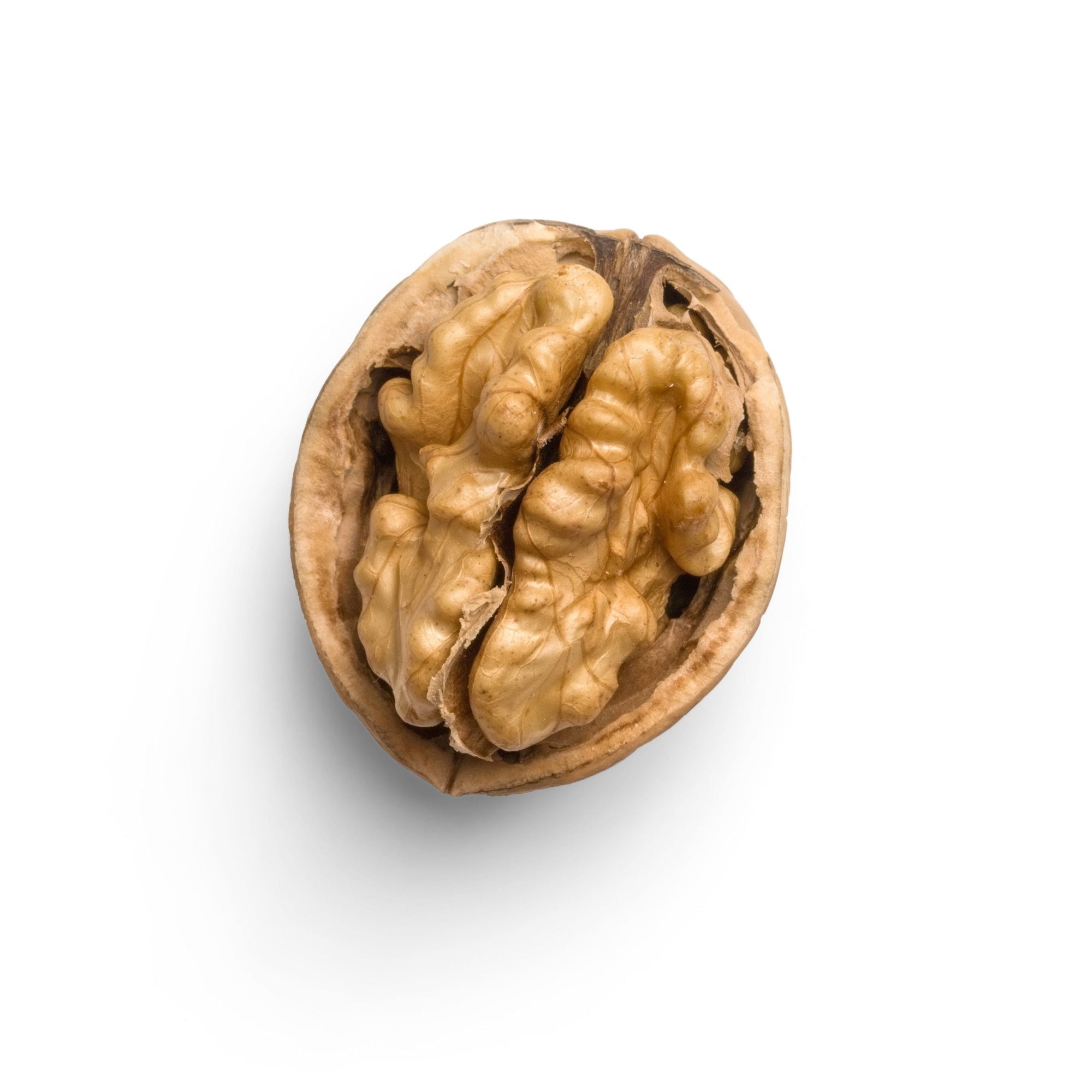
Immune System
Store Cupboard foods with brain benefits
5 brain healthy foods from the cupboard ( and one from the freezer) and why they are worth giving a try.

